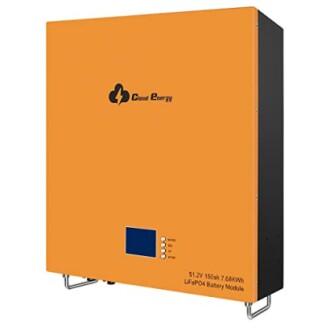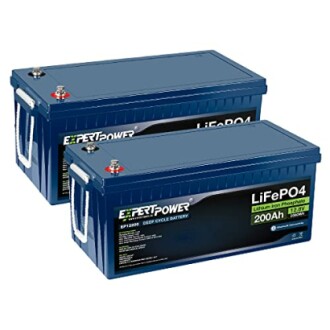
Choosing the Right Solar Battery Backup for Your Needs
Key Takeaways
- Determine your energy requirements to choose the right solar battery backup.
- Understand the different types of solar batteries available in the market.
- Consider capacity, lifespan, and compatibility with your existing systems.
- Check for features like built-in BMS for safety and efficiency.
- Explore cost, warranty, and customer service options before making a purchase.
Solar battery backups have become essential components of modern energy solutions, allowing homeowners to harness solar energy and store it for later use. This guide will help you navigate the options available and select the perfect solar battery backup tailored to your energy requirements and budget.
Understanding Solar Battery Backups
Solar battery backups store energy generated from solar panels, providing power during the night, cloudy days, or power outages. There are several types of batteries available, but lithium-ion batteries are becoming the most popular choice due to their longevity and efficiency.
Types of Solar Batteries
- Lithium-ion batteries: Lightweight and possess a high energy density, making them ideal for solar storage.
- Lead-acid batteries: More affordable upfront but heavier and have a shorter lifespan than lithium-ion options.
- Saltwater batteries: Eco-friendly option with a longer lifespan but limited availability.
Key Features to Consider
When selecting a solar battery backup, several features play a critical role in the effectiveness and efficiency of the battery:
| Feature | Description |
|---|---|
| Capacity | The amount of energy the battery can store, measured in kilowatt-hours (kWh). |
| Lifespan | How long the battery can be expected to last, typically measured in cycles. |
| Compatibility | Ensure the battery works with your current solar panel system and inverter. |
| Built-in BMS | Battery Management System for enhanced safety and efficiency. |
Top Solar Battery Recommendations
We’ve rounded up some of the best options in the market to help you make a selection:
48V 150Ah Wall Mounted Lithium LiFePO4 Deep Cycle Rechargeable Battery
This battery features over 6000 deep cycles, built-in BMS, and is perfect for various applications including RV, Solar, and Off-Grid setups.
Learn More2 Pack ExpertPower 12V 200Ah Lithium LiFePO4 Deep Cycle Rechargeable Battery
With Bluetooth features and 2500-7000 life cycles, these batteries offer excellent efficiency for all your power needs.
Learn MoreCalculating Your Energy Needs
Understanding your energy consumption is crucial for selecting the right battery. Calculate the total watt-hours of the devices you will run:
- List all appliances and their wattage.
- Determine the daily usage in hours.
- Calculate watt-hours (W x H) for each appliance.
- Add up all watt-hours to get your daily consumption.
Conclusion
Choosing the right solar battery backup can help you become grid-independent and provide peace of mind during power outages. Consider your energy requirements, budget, and the various options available to find the perfect solution for your needs.
Additional Resources
For further information on solar battery storage solutions and other off-grid opportunities, check out our related articles:




